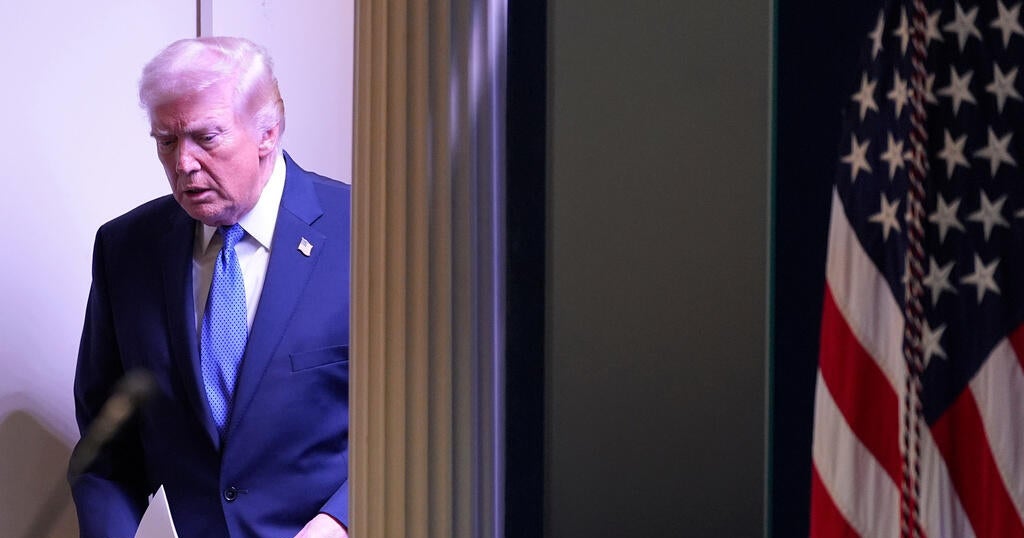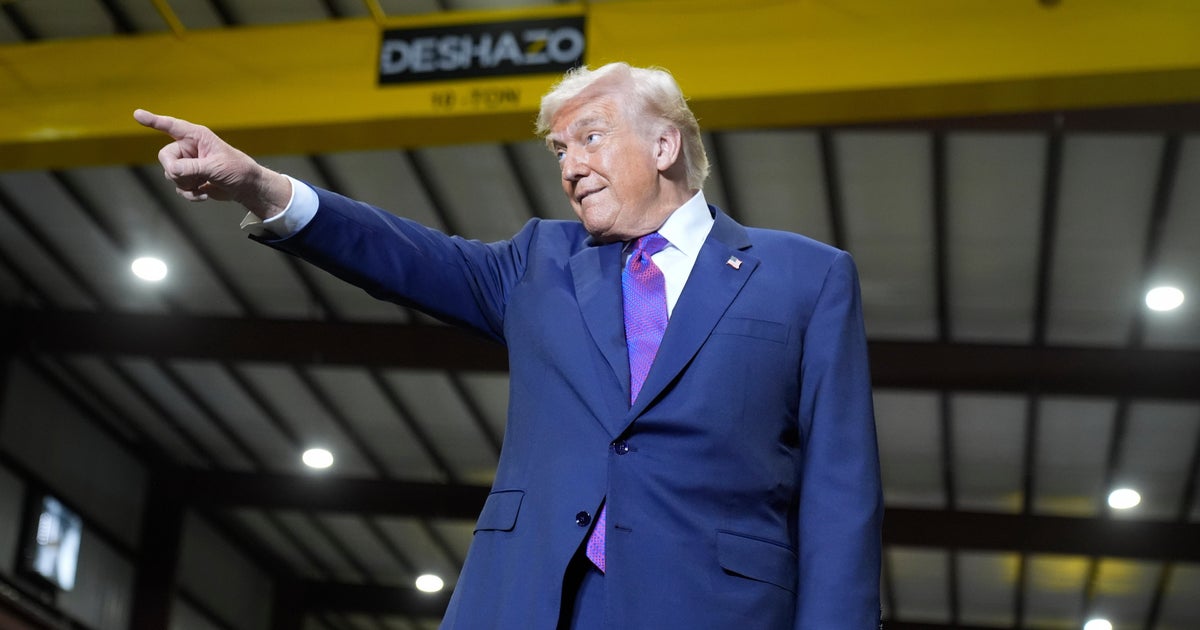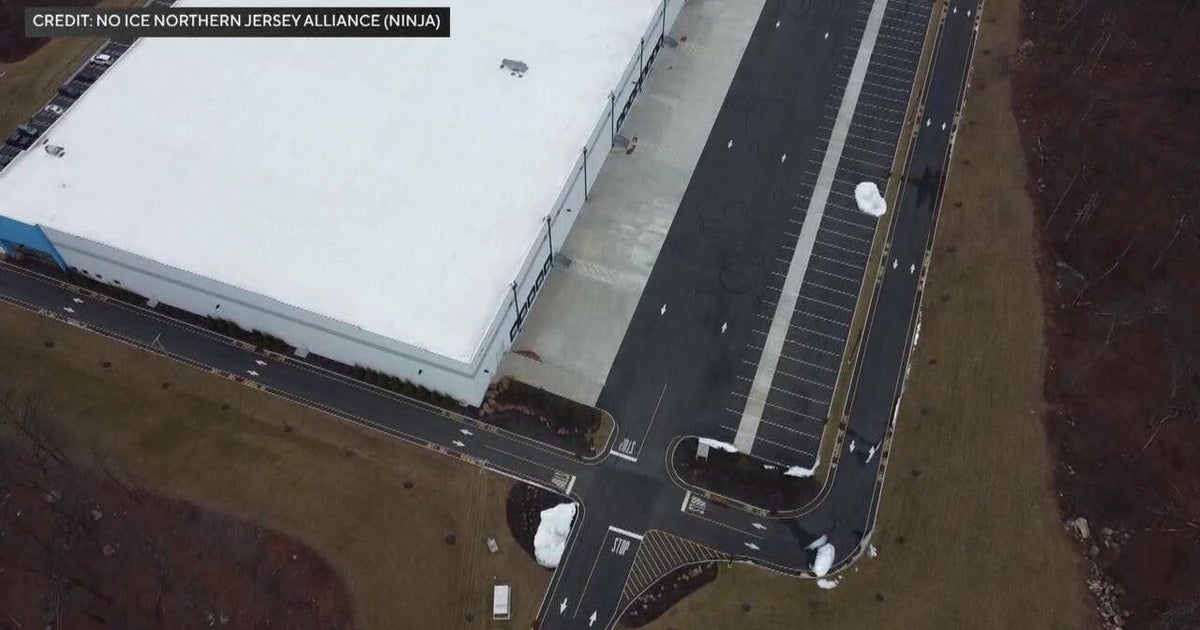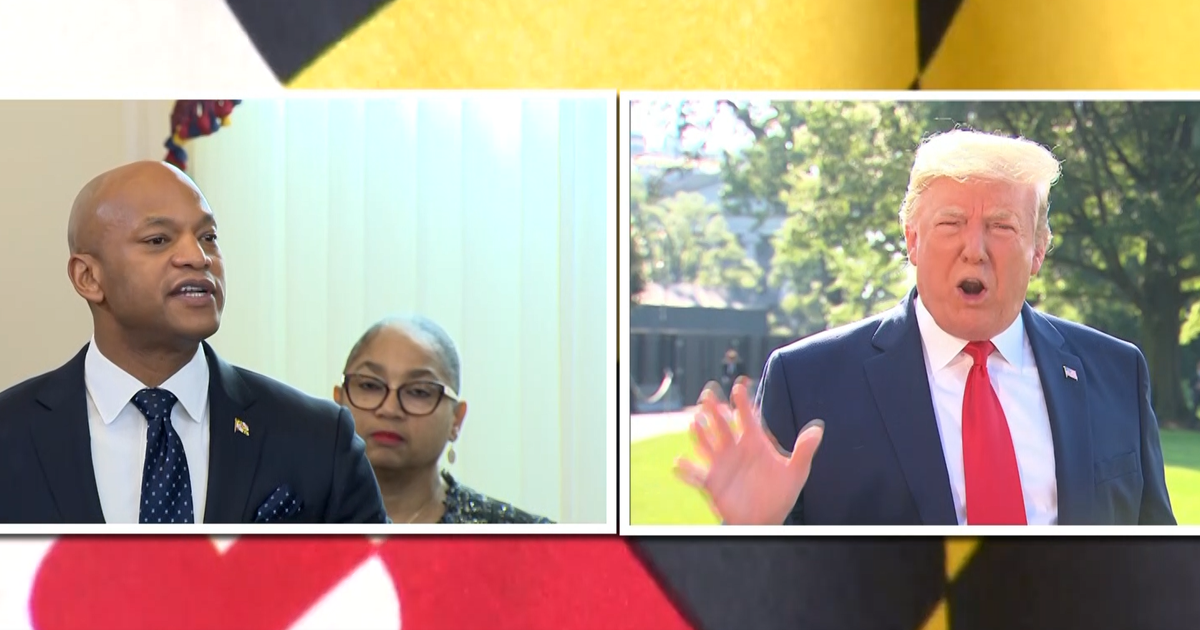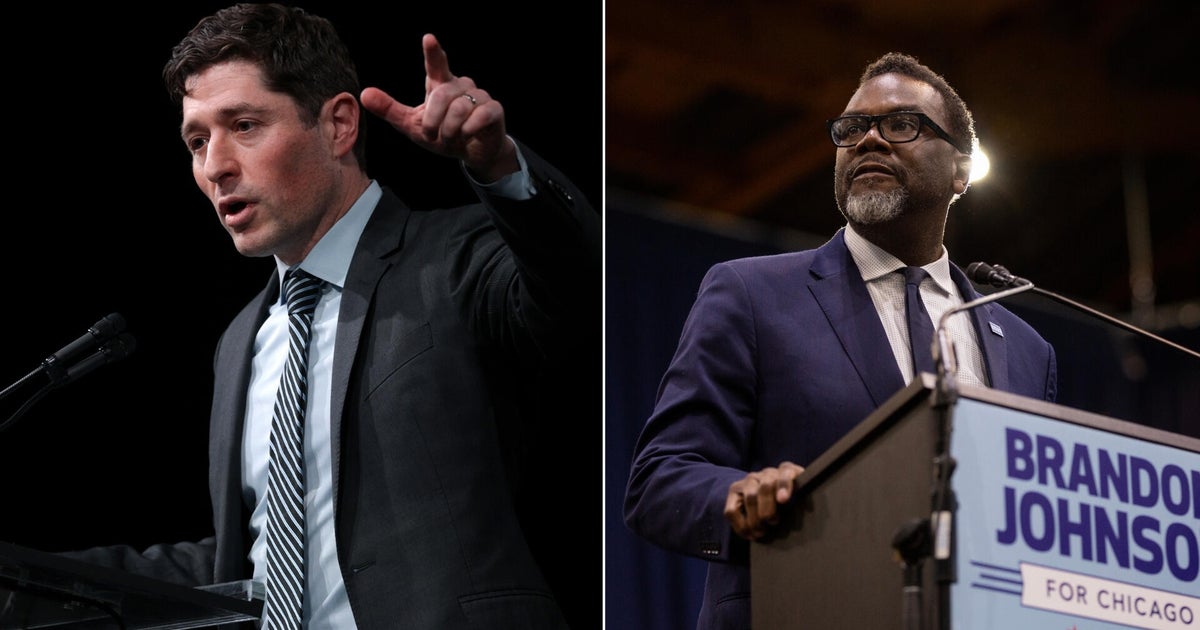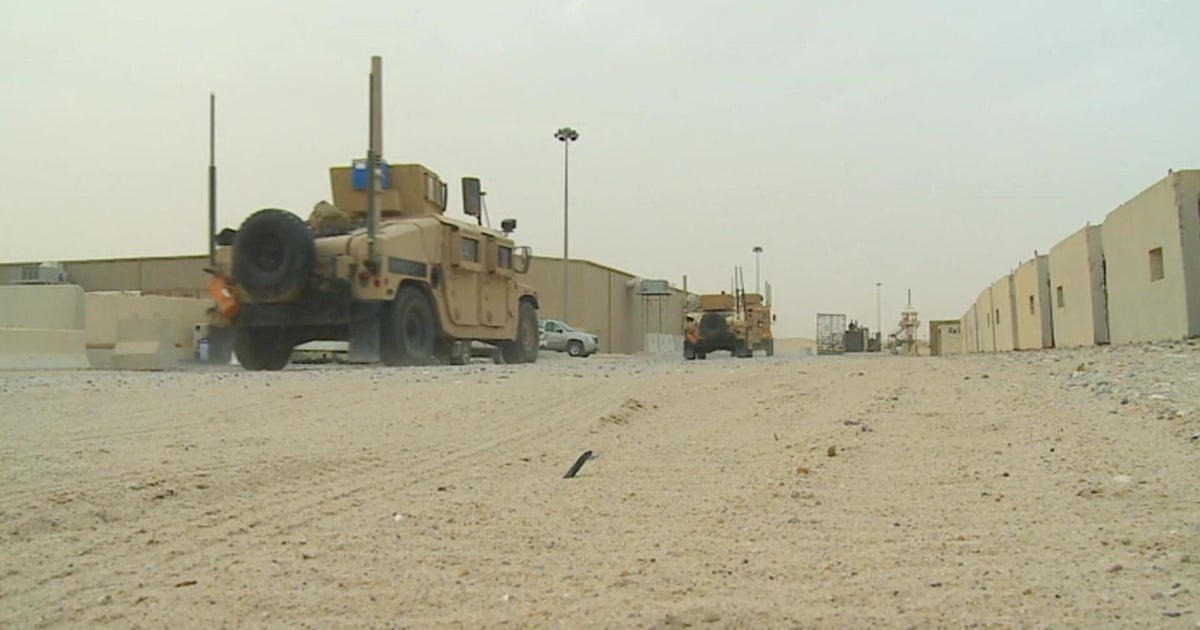Mayor: San Francisco Will Remain Sanctuary City
SAN FRANCISCO (CB SF) – Mayor Ed Lee said Wednesday that San Francisco will remain a sanctuary city despite a threat from President Trump to cut off federal grants if the policy remains in place.
Speaking hours after Trump signed an executive order on targeting sanctuary cities, Lee told reporters he remains committed to the policy.
"We've been listening to the different pronouncements coming from President Trump and I have to say that there is nothing that has changed," the mayor said. "Our city is still a sanctuary city."
Lee said it was still too early to determine what Trump's order means.
"I think their pronouncements today are a little vague," he said. "They don't have a lot of details. They seem to be similar to statements that were made on the campaign trail…We'll be watching very closely with our city attorney as to the actual implementation."
RELATED: COMPLETE COVERAGE: San Francisco's Sanctuary City Policy
Lee said the city gets about $10 million a year in federal grants from the Office of Homeland Security. Overall, San Francisco receives about $1 billion in federal funds for everything from public transportation to aid to the homeless.
Millions more in health and housing money could be jeopardized.
When asked how much in federal funding was at risk, the mayor was uncertain.
"The pronouncements today are a little bit vague," responded Lee.
And as to how the funds cut would be covered in the city's budget, more uncertainty.
"It's really hard to answer that question," said Lee. "Again, I say that we stand by our Sanctuary City."
In the past six months, federal authorities have put in requests for civil holds on 41 jail inmates. According to San Francisco Sheriff Vicki Hennessy, she has ignored all of the requests.
"My response has been they don't fall within the city's guidelines," said Hennessy.
The mayors for several other Bay Area cities joined lee in speaking out against President Trump's executive order on immigration.
Lee, Berkeley Mayor Jesse Arreguín, San Jose Mayor Sam Liccardo and Oakland Mayor Libby Schaaf released a joint statement promising to take a regional approach to limit the impacts of any threatened federal-funding cuts that would adversely affect the nearly 2.5 million residents of diverse backgrounds who reside in their cities.
"The Bay Area stands united against this White House's morally bankrupt policies that would divide families, turn our nation's back on refugees in need, and potentially thwart the efforts of nearly one million productive young people who are on a legal path to citizenship," said Schaaf.
Oakland relies on $130 million in federal funding for a variety of programs ranging from educational Head Start . Berkeley could lose $11.5 million, while Alameda could lose $2.5 million a year.
Elected officials at the state and federal level also condemned Trump's executive orders, which in addition to the attack on Sanctuary Cities called for the construction of a border wall, severe new restrictions on immigrants and the acceptance of refugees, and an expansion of the categories of undocumented immigrants eligible for deportation to include those merely charged with a crime.
"The president's executive orders are rooted in an un-American hostility toward immigrant communities," U.S. Rep. Barbara Lee, D-Oakland, said. "This nation is, has been, and always will be a nation of immigrants."
"These executive orders will harm public safety, tear families apart, and jeopardize national security," U.S. Sen. Kamala Harris said. "Directing a deportation force to break up immigrant families contributing to our country is not a show of strength, it damages our communities and erodes local economies."
In a prepared statement, House Democratic leader Rep. Nancy Pelosi called President Trump's orders "radical xenophobia."
"Wasting billions of taxpayer dollars on a border wall Mexico will never pay for, and punishing cities that do not want their local police forces forced to serve as President Trump's deportation dragnet does nothing to fix our immigration system or keep Americans safe," said Pelosi. "In San Francisco and across the nation, we will fight for the right of any community to choose humane and effective law enforcement strategies that work to protect and serve, not deport and intimidate."
San Francisco is not alone when it comes to sanctuary city ordinances. East Palo Alto, Oakland, Berkeley, Richmond, San Jose, San Rafael, Davis, and Sonoma County all have similar policies in place.
Trump targeted San Francisco's law in particular while on the campaign trail because of the murder of Kate Steinle as she walked with her father on the Embarcadro on July 1, 2105.
The suspect in the case -- Juan Francisco Lopez-Sanchez – was an illegal immigrant who had been released from custody by the San Francisco Sheriff's Department.
Lopez-Sanchez had been deported five times from the United States in the past. He was in federal custody, but had been returned to San Francisco on a drug charge.
But that charge was dropped and Lopez-Sanchez was released onto the streets of San Francisco without the knowledge of immigration officials.
On Wednesday, Trump signed the Sanctuary City executive order and then appeared before the Homeland Security staff.
Trump's order to crack down on sanctuary cities - locales that don't cooperate with immigration authorities - could cost individual jurisdictions millions of dollars. But the administration may face legal challenges, given that some federal courts have found that local jurisdictions cannot hold immigrants beyond their jail term or deny them bond based only a request from immigration authorities.
